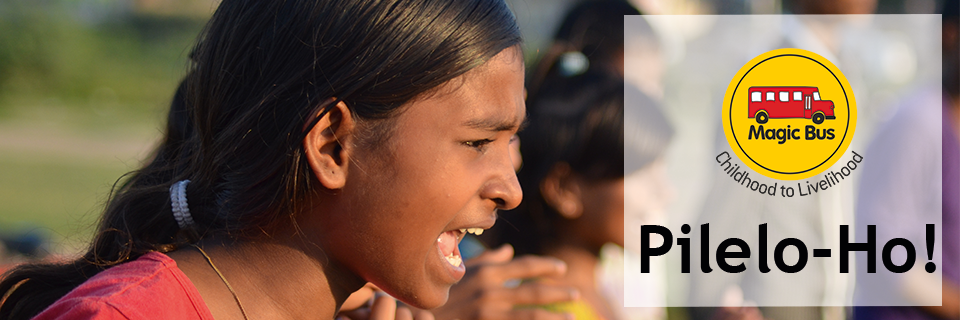By Matthew Spacie, Magic Bus Founder & Executive Chairman

The new CSR Clause in the Companies Bill 2012 is a unique opportunity for companies to engage in the shared values of all entities – values such as human development, youth welfare, better health and more gender equity for all.

The new CSR Clause in the Companies Bill 2012 is a unique opportunity for companies to engage in the shared values of all entities – values such as human development, youth welfare, better health and more gender equity for all.
Hard data and common sense both point to the fact that the cost of inaction is high. We simply cannot afford to ignore large-scale problems such as poverty anymore. The world over, growing poverty levels have been linked to youth anger and conflict, and a conflict situation affects everyone — industries, corporations, governments and citizens.
Since giving in India as a percentage of GDP is very low compared to that of global standards, this quantum jump in corporate giving as a result of the CSR clause, will, to an extent, bring Indian philanthropy closer to global standards. Whether or not it will make a real dent on the nation's development issues, however, depends on several other factors.
The first set of challenges we foresee would be in the corporate sector's interpretation of what constitutes real-impact investments. There is a strong welfare-orientation in India, perhaps driven by the fact that, traditionally, giving has been associated with religious traditions. While some amount of welfare-based activities are simply an expression of altruism and so are welcome, the widespread understanding that welfare equals development needs to be challenged.
Thankfully, this understanding is now slowly changing. The world over, investments in charity are only being done after methodical needs assessments, and informed decisions being taken to channel funding to those causes that need it the most. As well as those which have maximum impact. To explain the difference, here is an example from Magic Bus' own story.
In the early days of Magic Bus, we thought young people living in impoverished circumstances needed jobs. So we used our networks and contacts to connect them to jobs. This is an example of a welfare-based approach. What we did not understand was that without the vital and complex ingredients such as education, and skills such as teamwork, it was not possible for these young people to hold down these jobs. All of them had left within a year of being hired.
We then changed our approach to a long-term, development-oriented approach. We started working with younger children, instilling in them not just the skills but also the orientation needed to be employment-ready. The incubation period was longer, but by the end of the fourth year, we were beginning to see changes that turned out to be permanent. Children learnt healthy behaviour patterns that would keep them safe from common ailments and improve their entire family's health.
Girls and boys started believing in gender equity, and by the time the girls grew into late adolescence, they were taking control over their lives. Magic Bus girls say no to child marriage and thus prevent the entire poverty-ill health-teenage pregnancy-no education trap.
The second set of challenges is with the government sector, in learning how best to leverage Corporate Social Responsibility (CSR) to meet the nation's foremost development goals.
Multi-partner initiatives that are designed with the community at its centre, are the new way to go. The days of separate initiatives — NGO, Corporate or Government — doing all the work by themselves in silos that address specific development challenges are over (for example, one entity works to prevent HIV/AIDS infections, another works to get children back to school, a third works to get road connectivity and so on).
This is the age of collaboration, of shared value and multi-partner initiatives that offer holistic solutions and work closely with the community themselves taking the lead. The new CSR Clause is also a unique opportunity to grow such cross-sectoral collaborations.
The CSR sector is young and this is the time to gather the best practices in order to choose the highest, long-term on-ground impact over short-term gains.
Related article: Magic Bus CEO answers questions on the CSR Clause
Other articles on the CSR Clause:
Related article: Magic Bus CEO answers questions on the CSR Clause
Other articles on the CSR Clause:
- http://www.kordant.com/feature/csr-clause/
- http://www.kordant.com/assets/2-Percent-India-CSR-Report.pdf
- http://www.causebecause.com/news-detail.php?NewsID=608
- http://www.indiainfoline.com/Markets/News/Decoding-the-CSR-clause-in-the-new-Companies-Bill/5769904063
- http://articles.economictimes.indiatimes.com/2013-09-05/news/41803586_1_csr-corporate-social-responsibility-india-inc
- http://articles.economictimes.indiatimes.com/2013-12-23/news/45510208_1_up-csr-companies-bill-companies-act

No comments:
Post a Comment